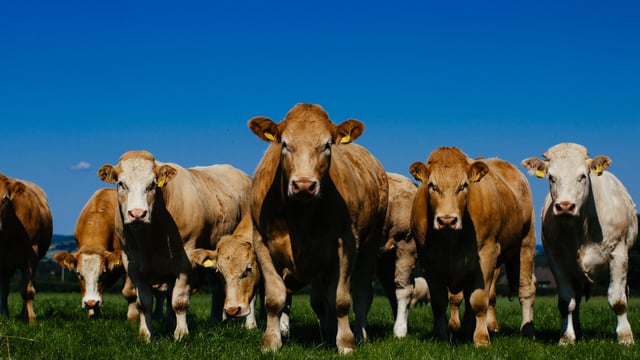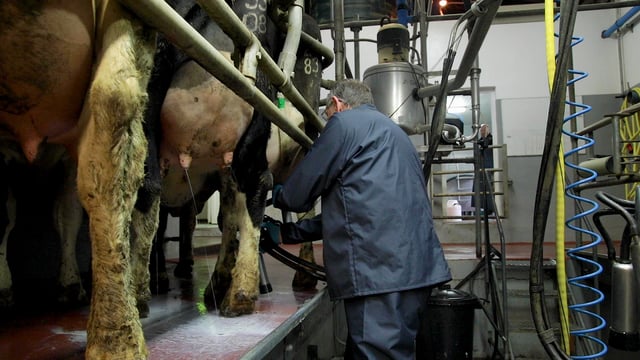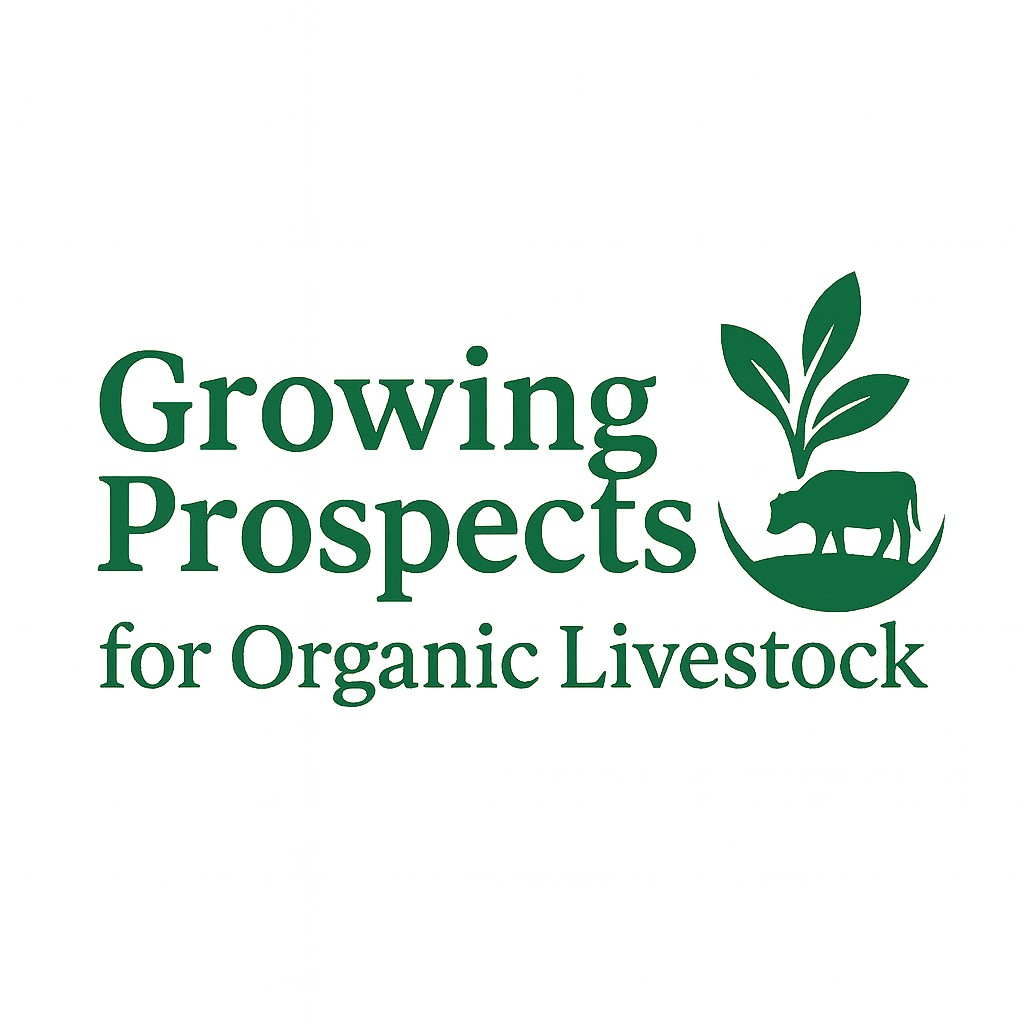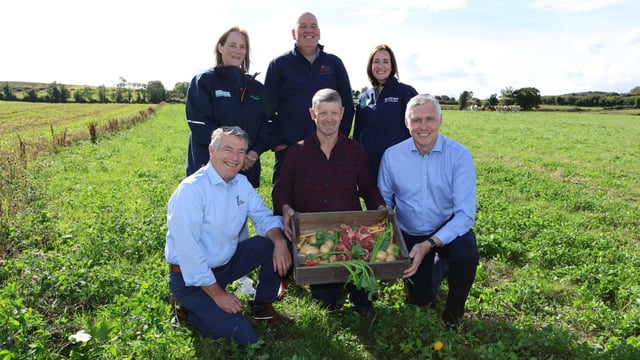Mary Robinson: Farmers should feel part of climate solution
Former President of Ireland and UN High Commissioner for Human Rights, Mary Robinson said Ireland needs to work at making sure that farmers feel part of the solution, rather than part of the problem when it comes to climate change.
The former president spoke at the Sustainable Futures Forum at University College Cork (UCC).
She said the country has not generated that "sense of a community ticking upon itself".
"A lot of communities are doing an awful lot, including here in Ireland, and a lot of it is very innovative. Solar and wind and green hydrogen, they're all becoming much more accessible, much cheaper, except it's not moving fast enough," she said.
Robinson said farmers are being told what they need to do, but need to be given hope too.
"It's a moment in human history that we've never had before, we have to be positive about the fact that all we have to do is move faster into clean energy, which is the solution and nature based regenerative agriculture," she said.
"We're on the cusp of where we need to be. All we need to do is get over the hump and we're there," she added.
Robinson also said that she will be calling out whatever countries are not taking reductions seriously at the Conference of the Parties (COP 28), which will convene from November 30 to December 12 in Dubai.
“It is extremely important to put people first and create outcomes that are fair for those who are on the front lines of climate impacts.
"We need to prioritise climate justice and unlock finance in order to ensure a sustainable, just and equitable future that does not leave anyone behind," Robinson said.
Farmer and beekeeper at Brookfield Farm in Co. Tipperary, Ailbhe Gerrard also spoke at the conference.
The farmer said that working with nature on a farm “brings you right at the pointy edge of climate crisis and biodiversity loss”, however she added that there are many solutions.
Gerrard said that right now farmers are working on "completely the wrong structure", producing 40% of Irish emissions and exporting nearly 90% of meat, while importing nearly 80% of total calories.
She said it can all be fixed through "a little bit of policy, bit of legislation, bit of economic incentive to farmers".





